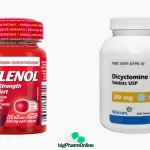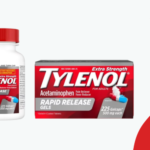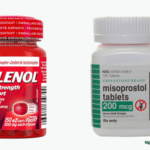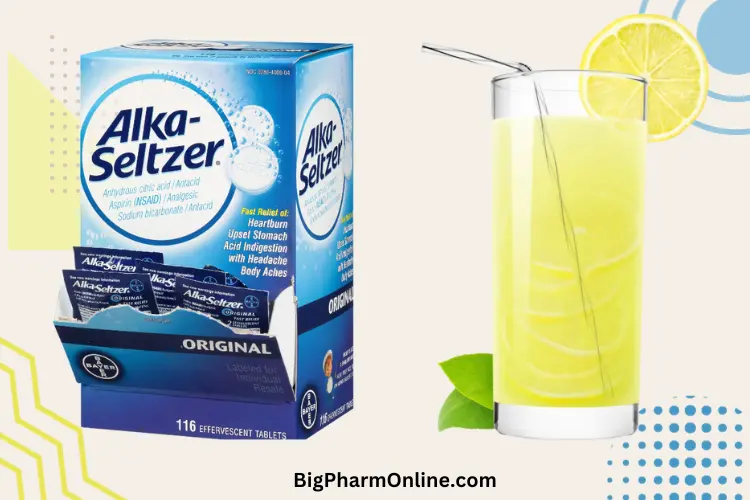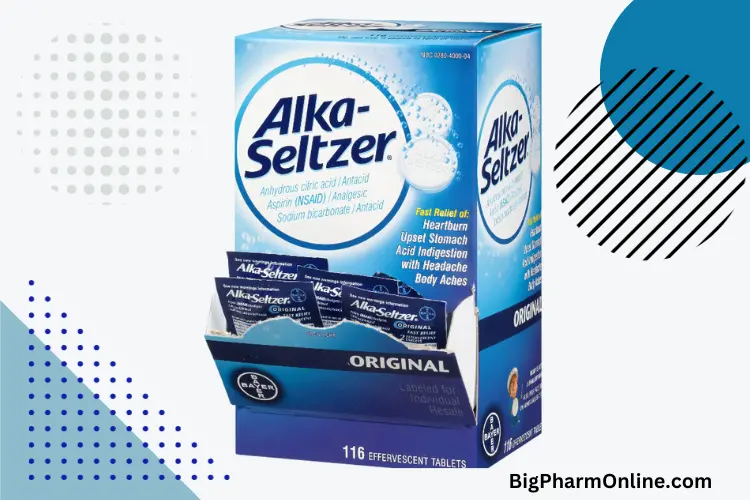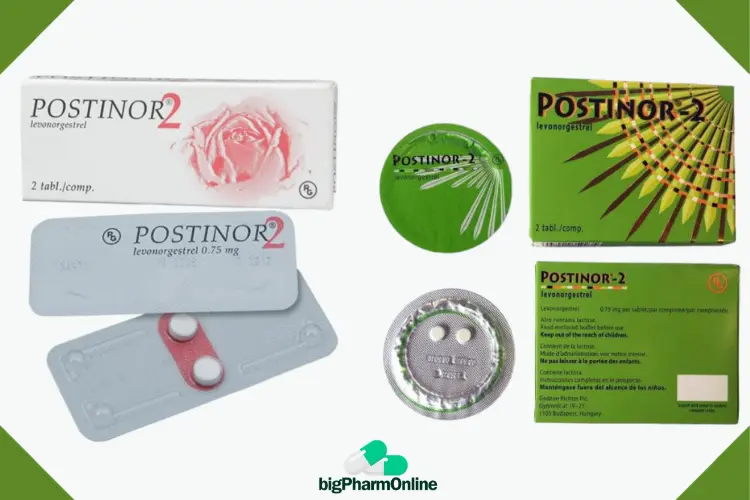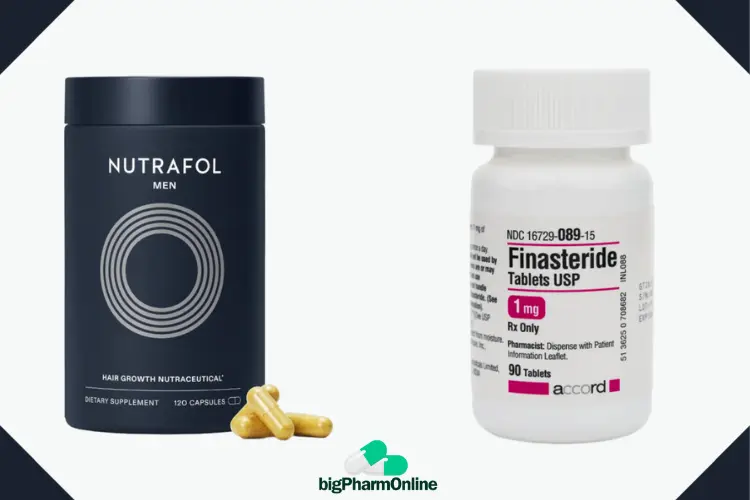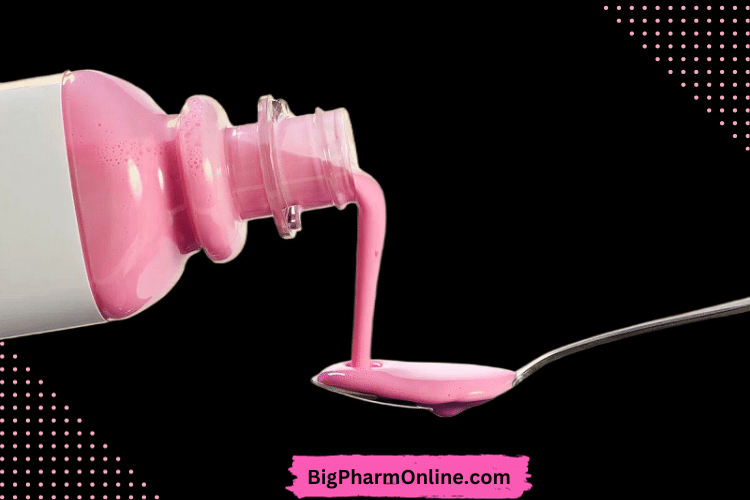Can I Take Tylenol After Colonoscopy?
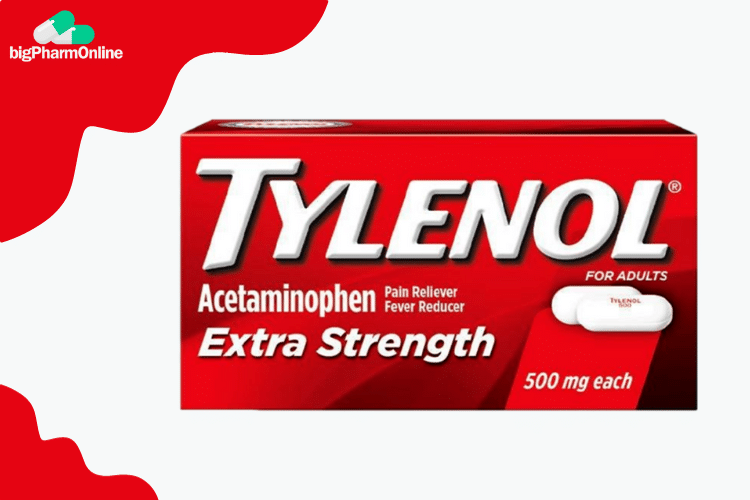
After undergoing a colonoscopy, it’s often normal to feel some form of discomfort. Headache is usually one among the list of symptoms you might feel.
You could also feel some abdominal or other body pains which are usually mild in most cases. Situations like this can make you wonder if it is safe to take Tylenol after colonoscopy.
Read on, because in this article, the pharmacist will discuss whether or not, it is safe for you to take Tylenol after a colonoscopy.
Key points
- Tylenol can be taken after colonoscopy if any pain is felt. It does not pose any risk of bleeding after the procedure compared to NSAIDs like Aspirin, Ibuprofen, Naproxen, etc.
- Only the recommended dose of Tylenol should be taken; do not exceed the maximum daily dose of 4000 mg.
- Taking an overdose of Tylenol or taking it with alcohol can increase your risk of liver damage.
Can You Take Tylenol After Colonoscopy?
It is safe to take Tylenol or any other brand of acetaminophen after a colonoscopy procedure. This is usually recommended to help provide relief to the headache, abdominal pains, or any other form of body pain that may be felt after the procedure.
While other pain relievers such as aspirin, Ibuprofen, diclofenac, naproxen, and other NSAIDs are not recommended to be used after the procedure due to their potential to cause bleeding, this does not apply to Tylenol.
Tylenol is safe to use after colonoscopy because the acetaminophen in it lacks the ability to activate or inhibit blood clotting, a property that makes the Non-Steroidal Anti-inflammatory Drugs (eg. Ibuprofen, Naproxen, etc.) very versatile in the medical world. As such, it won’t put you at risk of bleeding.
The headache felt after a colonoscopy can be attributed to a couple of factors. It could be due to dehydration, fasting, or a side effect of the sedative used during the procedure.
Regardless of the cause, taking Tylenol is often sufficient to relieve the pain. However, if there exists a situation where you experience a sudden onset of severe abdominal pain, or nausea with or without vomiting, you should contact your doctor immediately.
The same thing applies if you pass more blood-streaked stool (it is normal to pass a small blood-streaked stool especially if a polyp was removed or a tissue sample taken from your colon), or have a temperature of 101°F or greater for 24 hours that does not improve with OTC Tylenol.
What is the dose of Tylenol to take after colonoscopy?
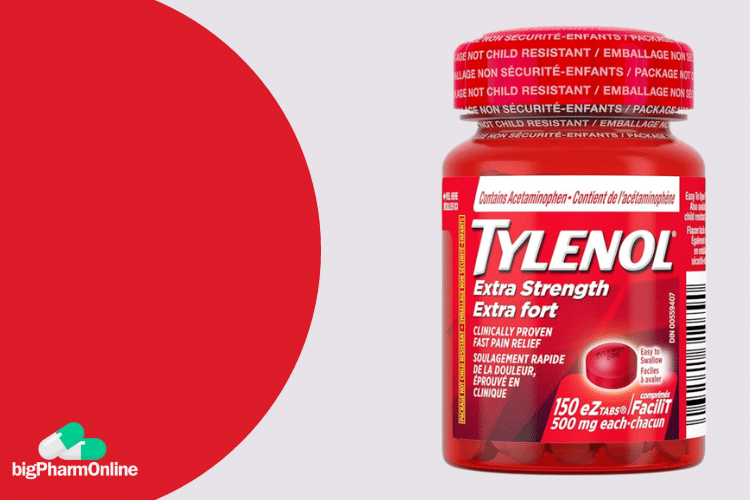
The recommended dose of Tylenol for adults is usually 1000 mg every 4 – 6 hours. For tablets that contain 500 mg of acetaminophen, this translates to 2 tablets every 4 to 6 hours.
Hence, you can take 2 tablets of a 500mg Tylenol every 4 to 6 hours for your headache or body pain.
The dose can be repeated after the first dosing interval if the initial dose does not provide relief.
However, you should not exceed the maximum daily dose of 4000 mg within 24 hours.
Taking an overdose of acetaminophen can put you at risk of developing severe liver damage which can result in liver failure.
If the pains persist or worsen after taking the recommended dose of acetaminophen, contact your doctor.
Do not take Tylenol if you’ve taken alcohol earlier on. Both acetaminophen and alcohol are metabolized by the liver, and when taken together, they may overwhelm the liver’s ability to process them safely.
This can lead to severe liver problems, including liver failure.
Can Tylenol be taken with other pain relievers after colonoscopy?
No, Tylenol should not be combined with other pain relievers such as aspirin, Ibuprofen (Motrin, Advil, etc), and Naproxen (Naprosyn, Aleve, etc) due to the risk of bleeding.
These other pain relieves belong to a class of drugs referred to as Non-Steroidal Anti-inflammatory Drugs (NSAIDs). They act by blocking the actions of a certain enzyme in the body which facilitates the production of a substance called prostaglandin.
Prostaglandin is known to have the ability to activate or block the ability of the body to form blood clots.
If this substance blocks blood clotting, bleeding may occur which can turn really complicated. To prevent this, you should avoid taking these drugs either by themselves or in combination with acetaminophen.
Tylenol alone is often sufficient to provide relief to most pain. If it doesn’t, you should speak with your doctor for expert advice.
Does Tylenol interact with other drugs Used after Colonoscopy?
Whether or not Tylenol interacts with a drug you take after your procedure will depend on the particular drug in question.
Acetaminophen can interact with a good number of drugs. Some of them include:
- Carbamazepine (Tegretol)
- Isoniazid
- Alcohol
- Warfarin (Coumadin, Jantoven)
- Rifampin
- Drugs containing acetaminophen such as Nyquil Cold and Flu, Excedrin, etc.
- Cholestyramine
These drugs interact with acetaminophen in one way or another. The outcome of these interactions could vary. It is not advisable to combine Tylenol with any of them.
If you were on any of these medications before your procedure, it is important that you ask your doctor if it’s safe to continue them.
Medications to Avoid After Colonoscopy
For safety reasons, your doctor may advise you to discontinue certain drugs that you were taking prior to your procedure.
This is more likely to happen if the aim of your colonoscopy is to remove a polyp (abnormal tissue growth in the colon) or to take a tissue sample for biopsy.
Reasons like these could make you bleed out if you take a drug that causes blood not to clot.
Medications that are often advised to be avoided after a colonoscopy include the following:
Nonsteroidal anti-inflammatory medications – NSAIDs (brand names in brackets):
- Diclofenac (Cataflam, Voltaren, Arthrotec)
- Ibuprofen (Motrin, Advil, Motrin IB, Nuprin)
- Fenoprofen (Nalfon)
- Indomethacin (Indocin)
- Salicylates (Mobidin, Bayer Select, Doan’s pills, Magan, Arthritab, Sodium salicylate, Mobogesic)
- Etodolac (Lodine)
- Salsalate (Amigesic, Marthritic, Salflex, Slasitab)
- Piroxicam (Feldene)
- Mefenamic Acid (Ponstel)
- Meclofenamate (Meclomen)
- Flurbiprofen (Ansaid)
- Tolmetin (Tolectin)
- Sulindac (Clinoril)
- Naproxen (Naprosyn, Naprelan, Anaprox, Aleve)
- Nabumetone (Relafen)
- Diflunisal (Dolobid)
- Meloxicam (Mobic)
- Oxaprozin (Daypro)
- Ketoprofen (Actron)
Anti-Platelet Medications
- Tirofiban (Aggrastat)
- Dipyridamole/Aspirin (Aggrenox)
- Cilostazol (Pletal)
- Pentoxifylline (Trental)
- Clopidogrel (Plavix)
- Eptifibatide (Integrilin)
- Aspirin (present in many medications)
- Dipyridamole (Persantine)
- Ticlopidine (Ticlid)
Anticoagulants
- Warfarin (Coumadin)
- Low Molecular Weight Heparins (Fragmin, Lovenox, Danaparoid)
- Heparin
You must not discontinue any medication on the above list without direct instruction from your doctor.
Stopping the use of the above medication without consulting with your doctor first can worsen the condition for which it was prescribed.
Final Thoughts
There is no problem with taking Tylenol (acetaminophen) after a colonoscopy procedure. It does not put you at risk of bleeding, unlike its NSAIDs counterparts.
However, you must make sure that you’re taking the recommended dose and that you do not exceed the maximum daily dose of 4000 mg.
References
- UCONN Health: Medications to Avoid for GI Endoscopy Procedures
- Linda Lee: Patient education: Colonoscopy (Beyond the Basics)
- BGAPC: What To Expect After A Colonoscopy
- Gerriets V, Anderson J, Nappe TM. Acetaminophen. [Updated 2023 Jun 20]. In: StatPearls [Internet]. Treasure Island (FL): StatPearls Publishing; 2023 Jan.
Was this helpful?
About the Pharmacist
Dr. Lauren Smith, Pharm.D, is a dedicated licensed pharmacist in the United States with a wealth of experience in both retail and hospital pharmacy settings. She has over a decade of hands-on experience, making her an invaluable resource for patients and healthcare professionals alike. Lauren has a proven track record of conducting in-depth research to address complex medical queries, meticulously screening for potential drug interactions, and consistently recommending the most effective evidence-based therapies.
